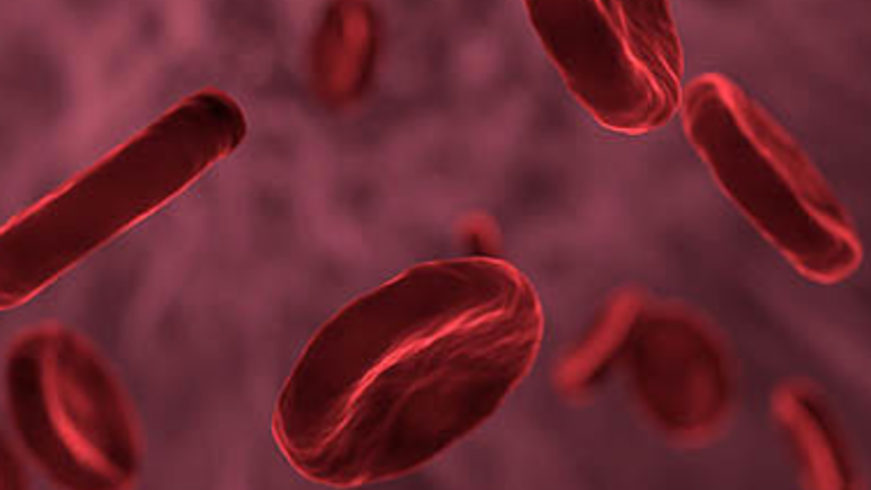A promising discovery that may improve the efficacy of cancer immunotherapy has just been made at the Centre de recherche de l’Hôpital Maisonneuve-Rosemont (CR-HMR). Indeed, Aditi Sood Ph. D., postdoctoral fellow, and Marie-Ève Lebel Ph. D., research associate, have demonstrated that different levels of a protein called CD5 marks cells with distinct capacities to produce molecules that influence the immune response and may differ in their potential to eliminate cancer cells. The study, which has just been published in the European Journal of Immunology, was carried out in the laboratory of Dr Heather Melichar in collaboration with Dr Jean-Sébastien Delisle, both of whom are also researchers at CR-HMR.
The T cell, an important key in the treatment of certain cancers
Adoptive T cell therapies are a promising treatment option for cancer patients who do not respond to traditional therapies. This method uses T cells, a type of immune cell that can directly attack and kill cancer cells. To do this, the patient's T cells are removed. They are then trained in a laboratory to identify and specifically destroy cancer cells before being injected back into the patient. Cancer T cell therapy has seen considerable clinical success in leukemia and lymphoma patients with high remission rates. In order to avoid relapses like those experienced by some patients, current therapies will need to use even more effective T cells to perform better.
“It has long been thought that naive T cells, that is, those that have not yet been exposed to infectious agents or cancer cells, have the same potential to destroy abnormal cells. However, the study showed the opposite! This discovery linking human T cell function to the CD5 protein is one more step towards the improvement of cancer treatments and, by the same token, towards improving the quality of life of patients,” says Dr. Melichar, who is also associate professor in the Department of Medicine and Medical Specialties at the University of Montreal.

